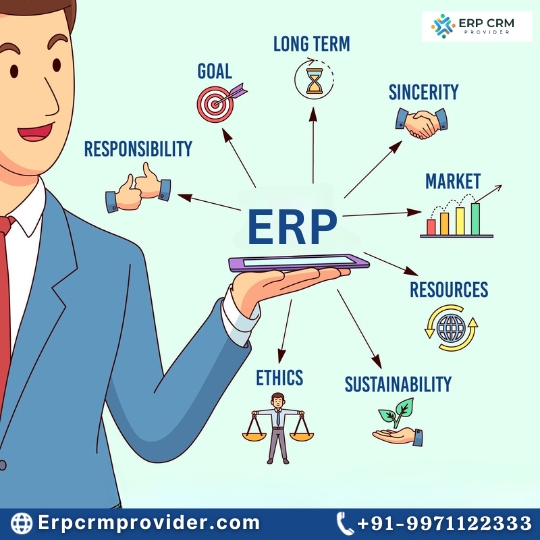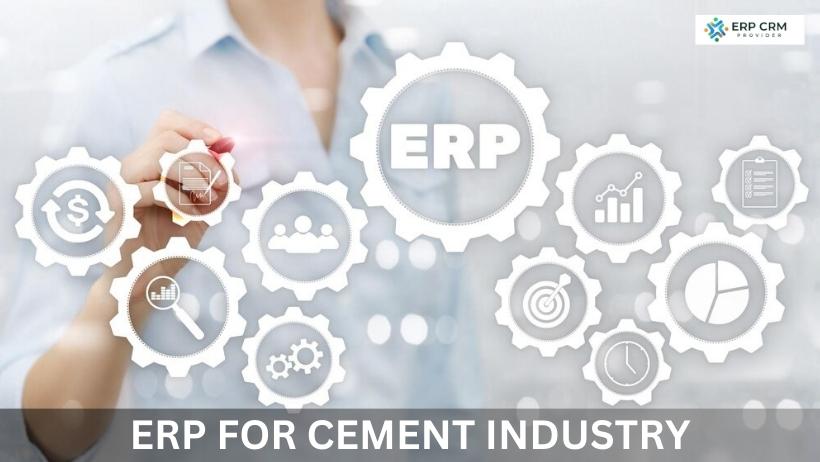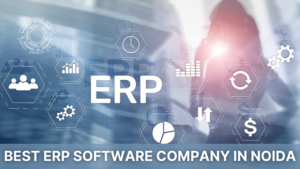When it comes to the cement industry, choosing the right ERP software is crucial for success. The best ERP for Cement Industry is one that is designed, specifically to meet the unique needs of this complex and demanding industry. The cement industry is a complex and demanding one, with a wide range of challenges to overcome. From raw material procurement to production to sales and distribution. There are many different processes that need to be managed efficiently and effectively.
A good ERP software for the cement industry will provide a comprehensive solution for managing all aspects of the business, from raw material procurement to production to sales and distribution. It will also be scalable, flexible, easy to use, and supported by a reputable vendor. If you are looking for the best ERP for Cement Industry it is important to choose a solution that is designed specifically to meet the unique needs of your business. You should also consider the features and benefits of different solutions before making a decision.
Benefits of implementing the best ERP for Cement Industry

- improved efficiency and productivity: ERP software companies can help to improve efficiency and productivity by automating manual tasks and streamlining processes. This can lead to notable cost savings and enhanced profitability.
- Enhanced decision-making: ERP software provides real-time visibility into all operations, which can help management make better decisions. The software can also generate comprehensive reports that can be used to identify trends and opportunities.
- Improved customer service: ERP systems can help cement companies improve their distributor management , retailer management order management, and customer service by providing a more efficient and responsive order fulfillment process. ERP systems can also be used to track sales team management through app and interactions, which can help companies better understand their customers and provide them with the products and services they want.
- Reduced risk: ERP for Cement Industry can help to reduce risk by ensuring that all business processes are compliant with industry regulations. The software can also help to identify and mitigate potential risks.
- Reduced costs: ERP software can help cement companies to reduce costs in a number of ways. For example, ERP systems can help companies to optimize their inventory levels, reduce waste, and improve production efficiency. ERP software can also help companies to better manage their finances and make more informed pricing decisions.
Conclusion
Implementing an ERP for Cement Industry can bring significant benefits. By integrating various business processes, such as production planning, inventory management, and supply chain. An ERP system can enhance efficiency and streamline operations. Real-time data and analytics provided by the ERP software enable better decision-making and improve overall productivity. The automation of routine tasks reduces human errors and saves time for employees. An ERP system facilitates effective communication and collaboration among different departments, leading to improved coordination and customer satisfaction. The adoption of ERP in the cement industry can lead to enhanced operational. Efficiency, cost savings, and improved customer service, making it a valuable investment for cement manufacturers.



